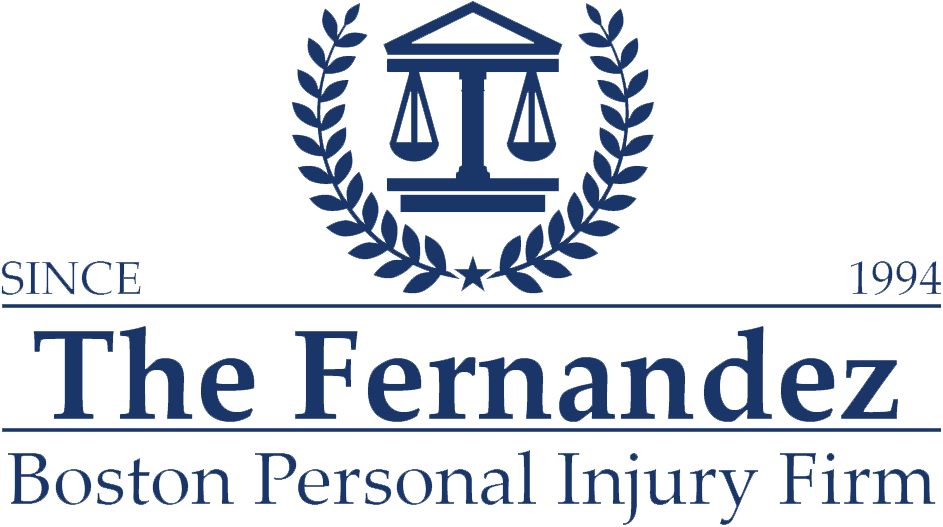Call now for a free consultation regarding any personal injury cases +1 (617) 393-0250
CONTACT THE FERNANDEZ FIRM TODAY
The prescription of controlled substances, like opioids and benzodiazepines, has become increasingly prevalent in modern medicine. While these drugs can provide significant pain relief and treat anxiety and other mental health disorders, they also carry significant risks, such as addiction and overdose. Healthcare providers need to weigh the benefits and risks of prescribing these substances carefully, taking into account the patient’s medical history and potential for abuse. In this article, we will explore the benefits and risks of the prescription of controlled substances, and discuss strategies for minimizing harm while still providing effective treatment.
The Prescription of Controlled Substances
The prescription of controlled substances has become a common practice in modern medicine, particularly for the treatment of pain and anxiety. These drugs can provide significant relief for patients, but they also carry risks, including addiction, overdose, and other negative health outcomes.
Healthcare providers must carefully consider the benefits and risks of prescribing controlled substances, taking into account the patient’s medical history and potential for abuse. In this article, we will discuss the benefits and risks of controlled substances, and outline strategies for minimizing harm while still providing effective treatment.
Definitions
Controlled substances are drugs that are regulated by the government due to their potential for abuse and dependence. These substances are classified into different schedules based on their level of risk, with Schedule I substances being the most dangerous and Schedule V substances being the least dangerous. Opioids are a type of controlled substance that is commonly prescribed for pain relief, while benzodiazepines are a type of controlled substance that is commonly prescribed for anxiety and other mental health disorders.
Benefits of Prescription of Controlled Substances
The prescription of controlled substances can provide significant benefits to patients, particularly those who are experiencing pain or anxiety. Opioids can provide effective pain relief for acute and chronic pain, allowing patients to resume their daily activities and improve their quality of life. Benzodiazepines can provide relief for anxiety and other mental health disorders, improving patients’ mood and overall well-being.
Risks Involved
While controlled substances can provide significant benefits, they also carry significant risks. One of the most significant risks is addiction, which can develop even when these drugs are taken as prescribed. Over time, patients may develop a tolerance to these drugs, meaning they need higher doses to achieve the same level of relief. This can lead to physical dependence and withdrawal symptoms when the drugs are stopped.
Another significant risk of controlled substances is overdose, which can occur when patients take too much of the drug or mix it with other substances. Overdose can cause respiratory depression, which can be fatal if not treated promptly. Other risks of controlled substances include impaired cognitive function, impaired driving ability, and other negative health outcomes.
Strategies for Minimizing Harm
To minimize harm while still providing effective treatment, healthcare providers should carefully consider the benefits and risks of prescribing controlled substances to each patient. They should take into account the patient’s medical history, the potential for abuse, and other factors that may increase their risk of negative outcomes.
Providers should also follow best practices for prescribing these substances, such as starting with the lowest effective dose and monitoring patients closely for signs of addiction or overdose. They should also consider non-pharmacological treatments for pain and anxiety, such as physical therapy, cognitive-behavioral therapy, and other forms of behavioral interventions.
Finally, healthcare providers should educate patients on the risks and benefits of controlled substances, and provide them with clear instructions on how to take the drugs safely. Patients should be encouraged to report any side effects or concerns to their providers promptly.
Conclusion
The prescription of controlled substances can provide significant benefits to patients, but it also carries significant risks. Healthcare providers must carefully weigh the benefits and risks of prescribing these substances to each patient, and follow best practices for minimizing harm while still providing effective treatment. By taking a careful and thoughtful approach to prescribing controlled substances, healthcare providers can help ensure that their patients receive the best possible care while minimizing the risk of negative outcomes.
If you are looking for an experienced personal injury lawyer because of an incident relating to controlled substances, contact Frank Fernandez Boston Personal Injury Firm. We’ll be sure not only you are compensated fairly but also cared for and guided throughout the process.
Request a call back
Would you like to speak to one of our personal injury law advisers over the phone? Just submit your details and we’ll be in touch shortly. You can also email us if you would prefer.
OR









